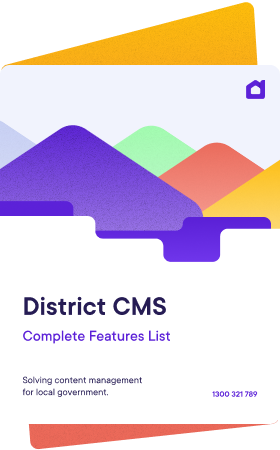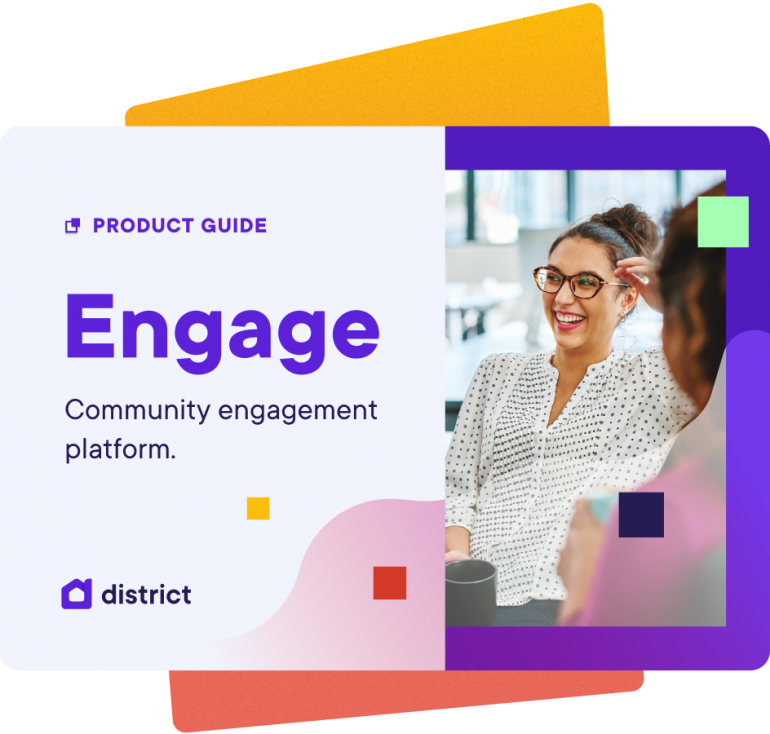Community engagement is an important practice that involves seeking input from members of a community to design and implement policies and projects that meet their needs.
It is a valuable approach that saves time, money, and directs resources where they are most needed. To facilitate community engagement, platforms like ours, District Engage, offer digital engagement tools that modernise and speed up the public consultation process, making it more accessible across all cross-sections of the community.
These digital tools include surveys, quick polls, forums, map-based feedback, and virtual community walls for brainstorming. These tools provide instant feedback and insights into community sentiment, which is critical to shaping the design and scope of projects and policies. However, to make the most of the feedback received, it is important to accurately assess text-based data, such as free-text survey responses and forum posts, especially where negative issues are identified. This can be a challenging task, particularly when linguistic ambiguities, such as sarcasm and local idioms, are present in text-based responses and social media posts.
To address these challenges, text analysis software can be used to accurately assess text-based data in a timely and unbiased manner. Text analysis software, also known as text mining, is different from text analytics, which is used to analyse quantitative data or predetermined answers such as in simple polls and multiple-answer questions. Text analytics is relatively easy to graph and assess, but it does not provide a full picture.
Analysing qualitative data provides valuable insights into citizen sentiment, including community issues that may not be widely known, but may drive deep citizen dissatisfaction.
Text analysis software uses natural language processing (NLP) and machine learning to analyse customer sentiment. NLP is a combination of computer science, artificial intelligence, and computational linguistics, which examines the links between computers and human (natural) languages, and programs computers to process natural language.
Machine learning, on the other hand, is an area of artificial intelligence that investigates how computers can learn, change, and develop without human intervention when exposed to new data. Together, these two approaches form the basis for text analysis software. NLP helps the machine to understand the text, while machine learning enables a program to learn to predict positive, negative, and neutral sentiments from that text.
The benefits of text analysis include the ability to collect valuable customer insights into almost anything, including public policies and services from social media platforms. This enables you to manage reputation in real-time and respond to negative citizen sentiment, which in turn helps to improve services.
Community engagement practitioners understand that to build a culture of trust, public consultations need to be genuine. It's not enough to invite the community to comment on a project or policy - you also have to respond to the feedback and change course if required.
To make the most of community feedback, text analysis software can be used to accurately assess text-based data in a timely and unbiased manner. With the right analytic tools, community engagement practitioners can make positive changes for their communities by responding to feedback and adapting policies and projects accordingly.
Community engagement is an essential practice that can help to ensure policies and projects meet the needs of the community. Digital engagement platforms, like District Engage, provide tools that modernise and speed up the public consultation process while improving the accessibility and breadth of the consultation across all cross-sections of the community.
To learn more about our cutting-edge District Engage platform and our in-built Natural Laungage Processing services, contact us for a live demo today.




